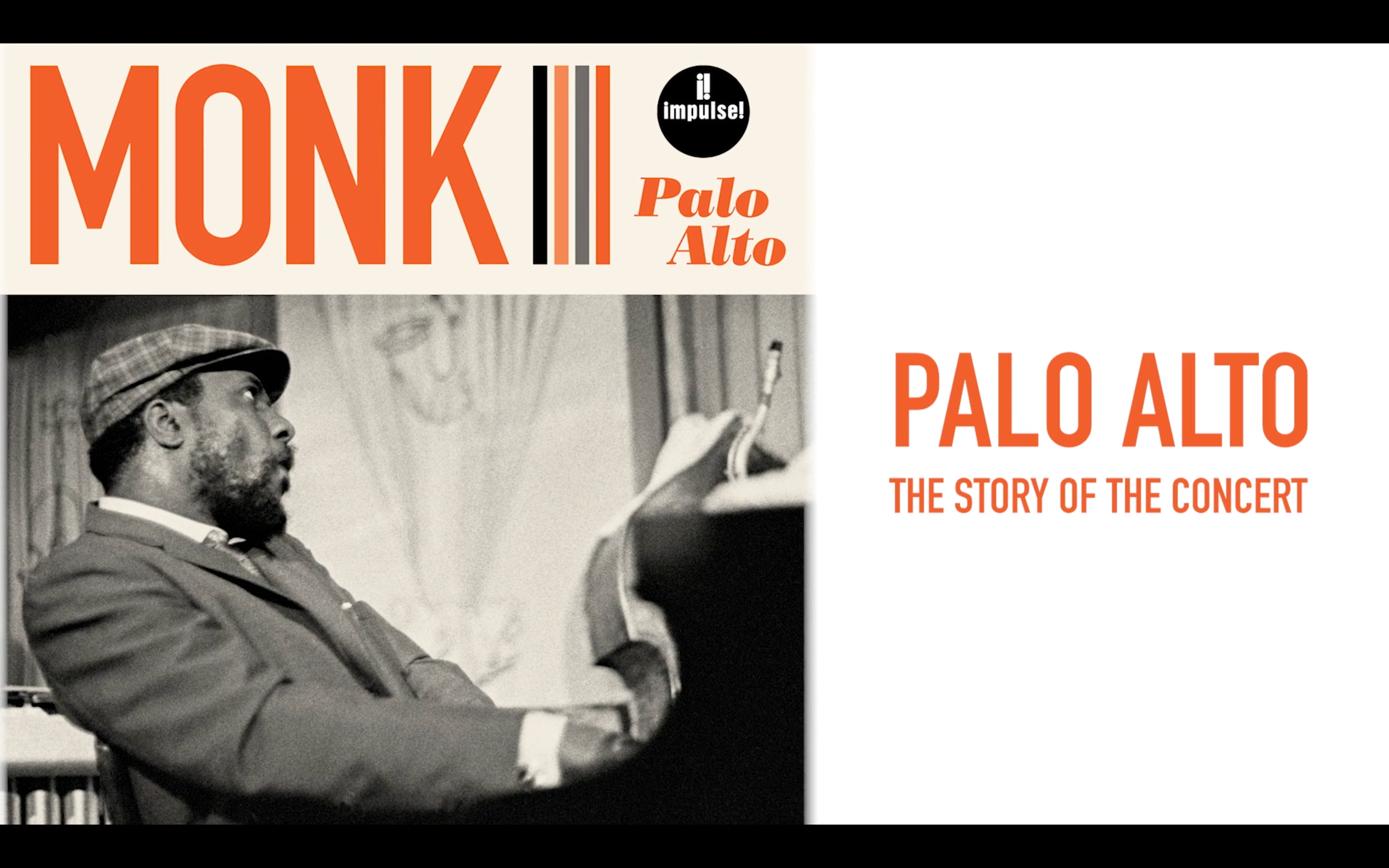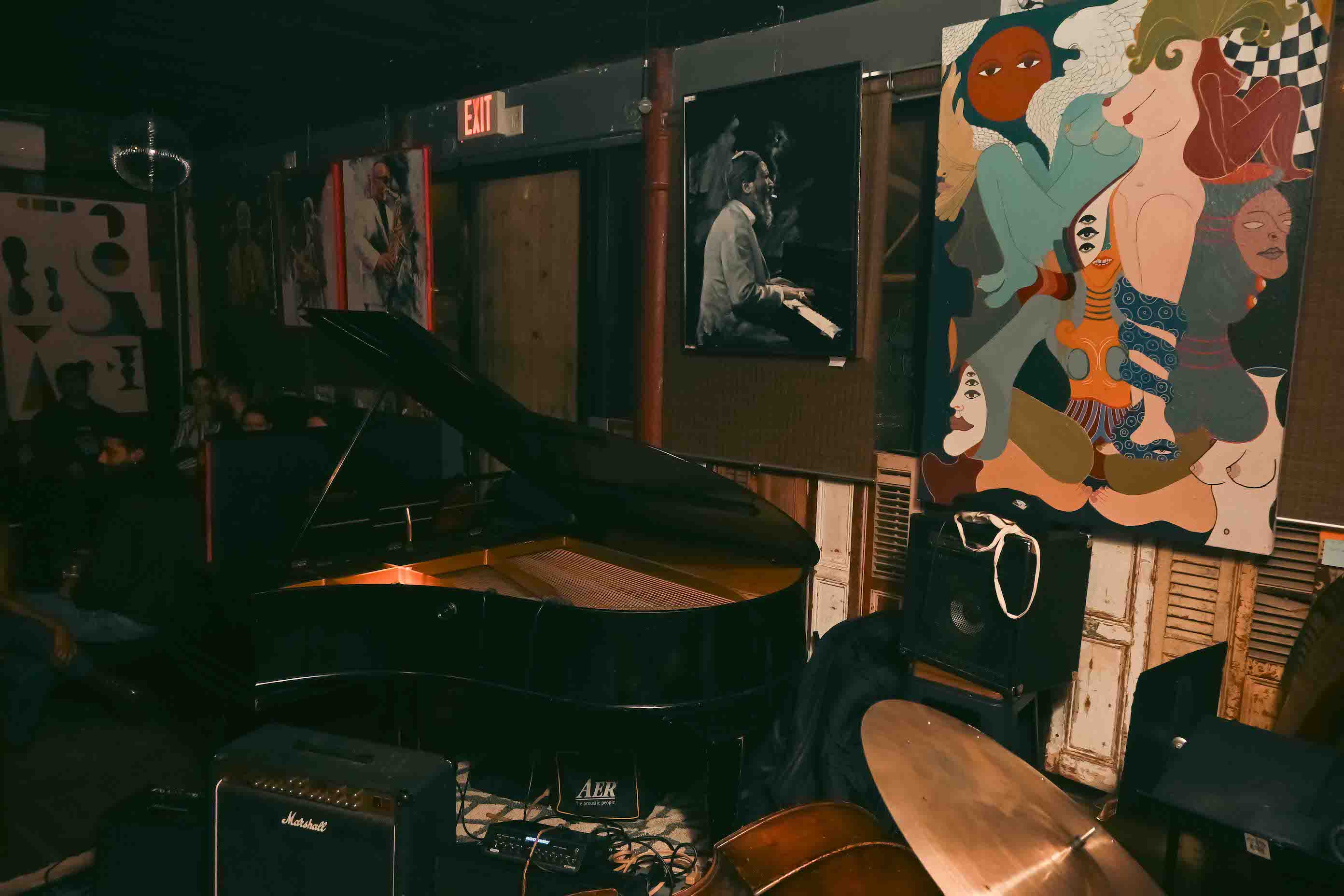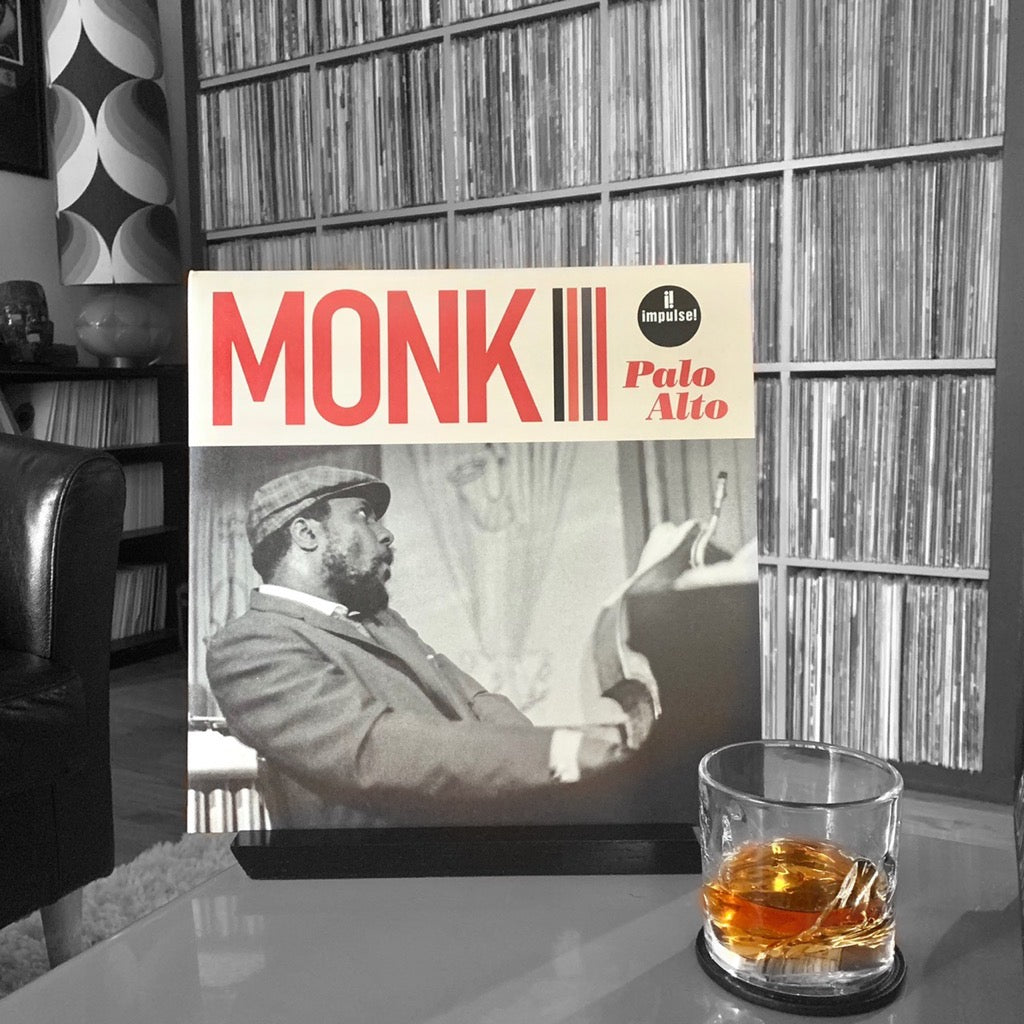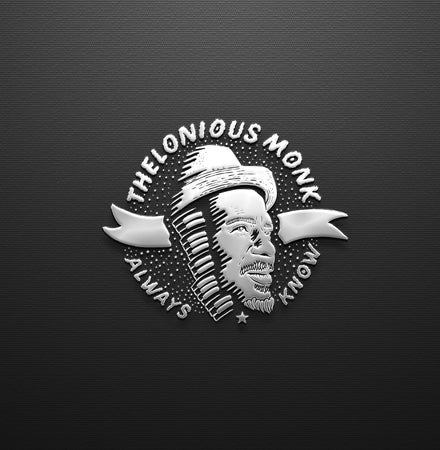Celebrating Monk in Unforeseen Times
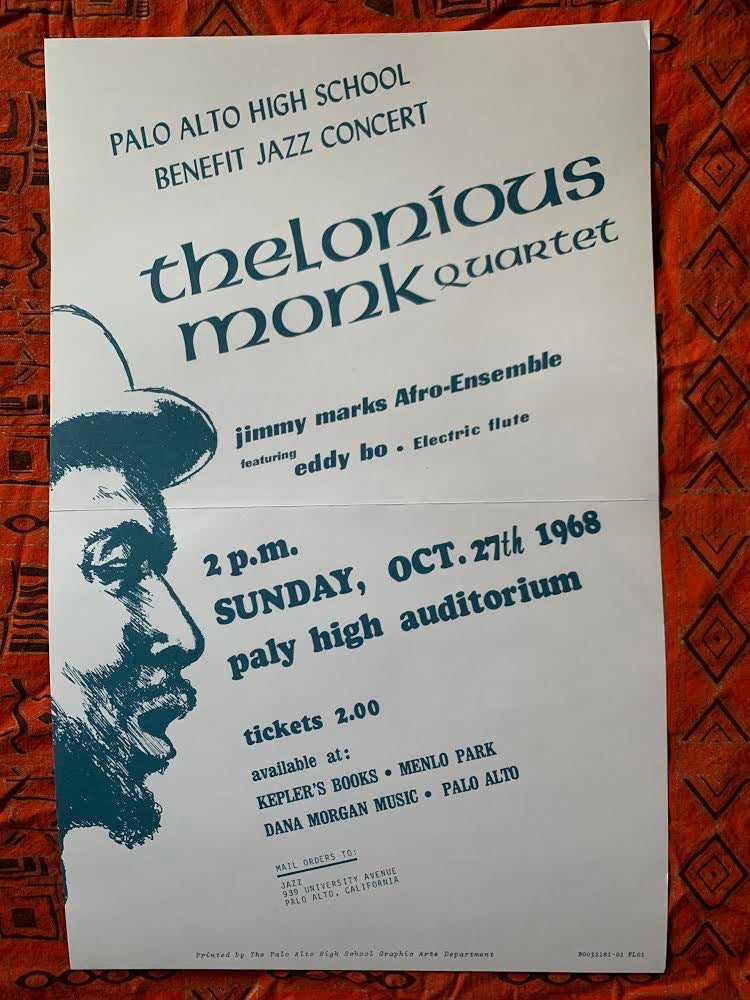
Fifty-two years ago, modern music giant Thelonious Monk performed a healing live concert in a high school auditorium. Its recent unearthing comes right on time.
Thelonious Monk, the iconic father of modern jazz, was known among those close to him as deeply philosophical; he likely coined as many sagacious terms as he wrote groundbreaking music compositions. Even time-tested postulations had a different impact and meaning when coming from Monk, who could sometimes be a man of few words, and captivated anyone within earshot when he did speak. So when Monk would say, “Timing is everything,” there was always a meaning beyond the immediately discernable.
While “timing” is certainly applied to the art of improvisation, Monk was a perspicacious observer of life and people. His example is rooted in his idea that daily life was full of lessons and revelations if you attune yourself to seeing it that way. When he says, “Timing is everything,” it’s so much more than a notion. This indication of fate couldn’t be truer when considering the recently unearthed and now, for the first time ever, globally released Palo Alto, a live recording of a concert performed 52 years ago, this month.
Released last month on the Impulse! label, Palo Alto documents a concert in Palo Alto, California, organized by a 15-year-old jazz enthusiast at a time when, to quote the great Ray Charles, “The world is in an uproar . . . the danger zone is everywhere.” It had been six months and 23 days since Dr. Martin Luther King, Jr. was assassinated, and as James Baldwin put it, “The atmosphere was black with a tension indescribable — as though something, perhaps the heavens, perhaps the earth, might crack.” Time stood still as the world’s symbol of the potential of America at her moral best was snatched from those who held on to the hope that the “land of the free” could actually come to be.

Only two days after Dr. King was struck down on a hotel balcony in Memphis, 17-year-old Black Panther Party member Bobby Hutton met the same violent fate in Oakland, California, at the hands of the Oakland Police Department. Forty-one years before the New Year’s Day murder of Oscar Grant III, a devoted father and retail worker, murdered by BART police while unarmed and restrained, would rock Oakland once again, Hutton’s short life marked the turn of significant historical events for the civil rights-era freedom struggle in the United States. Actor and activist Marlon Brando, who eulogized Hutton, forewarned his countrymen that America was a “ticking time bomb.” Indeed it was, and still is.
Forty minutes south of Oakland, Danny Scher, a white boy not much younger than Bobby Hutton, was organizing a concert event at Palo Alto High School, where he’d just entered his junior year, in the very segregated city of Palo Alto. A devotee of jazz, who had already impressively booked artists like Cal Tjader, Vince Guaraldi, and Jon Hendricks, Scher was determined to add his musical idol, Thelonious Monk, to his booking roster.
Monk was already in San Francisco for what would be an extended stay, including a three-week residency at The Jazz Workshop. The North Beach nightclub was known as a prime venue for recording live albums of jazz musicians, including Cannonball Adderley (1962), Barry Harris (1960), Ahmad Jamal (1964), Max Roach (1963), and Monk himself (1964). Unbeknownst to Scher at the time, he would soon be making recording history of his own (with the help of and thanks to a quick-thinking, black custodial worker at the high school whose brilliant idea to record the concert — and get the piano tuned in exchange for permission to do so — resulted in an essential missing piece of history now planted in its rightful space.)

In a promo for the Palo Alto release, Scher — who would go on to be a successful West Coast concert promoter and real estate agent — recounts getting in touch with Monk’s management and receiving a thumbs-up for the booking. As he promoted the event, he came up against every booking agent’s worst nightmare: slow and low ticket sales. Scher migrated his marketing efforts to East Palo Alto, which was economically disadvantaged, predominately black, and full of cultural pride. As suspicion of the validity of his event grew from the very community he desperately needed ticket sales from, he decided to make a call to ensure the deal was sealed, this time speaking to Monk himself.
Already booked in San Francisco for the night in question and having no transportation to commute to Palo Alto, and unaware of the entire situation, Monk expressed doubt about the event coming to fruition. Scher, determined as ever, offered solutions to both dilemmas (his school concert was at 2pm, and his older brother had a license to drive the family van), and Monk graciously obliged, moved by the young teen’s ambition and passion.
With Scher’s brother at the wheel, Monk and band members saxophonist Charlie Rouse, drummer Ben Riley, and bassist Larry Gales squeezed themselves into the van. As they pulled into the school’s parking lot on October 27, 1968, the neck of Gales’s bass sticking out of the van window, ticket sales subsequently rolled in. What the filled-to-capacity audience heard was an iteration of Monk’s touring quartet at the height of their powers on a Sunday afternoon in California’s Bay Area, a region throbbing with tension, grief, anger, and pain. A region whose stark decades-long division of East and West was a reminder of American society’s constructed and inculcated caste system.
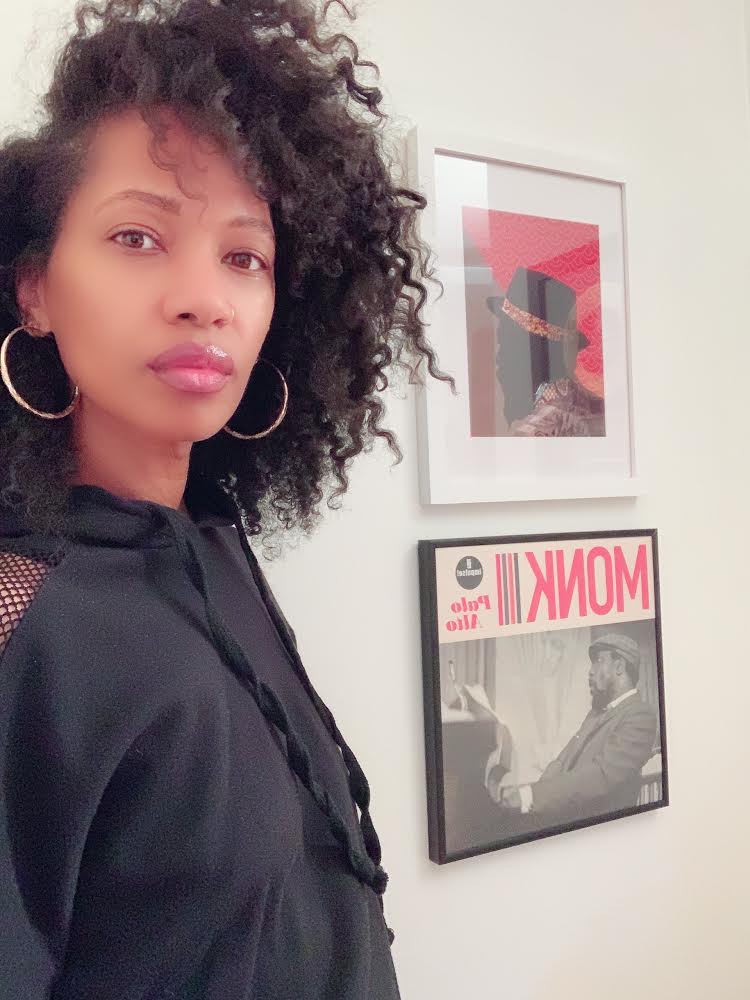
And now, 52 years later, we find ourselves at another American impasse, where a culmination of violence has reenergized the country to take to the streets, as we battle two pandemics: both violent, both deadly, and both viral, with a target on the backs of Black people across the land. Thelonious Monk performing in Palo Alto with a country under familiar duress was a salve to the raw wounds that racial violence left in its wake.
The last five months have forced America to yet again grapple with herself. The murders of George Floyd and Breonna Taylor have become global symbols of America’s failures and illuminated the center of her centuries-old plague of racism, colonialism, and white supremacy. In consequence, numerous artists have answered the call of the times. The Colbert Show musical director, Jon Batiste, has led numerous marches in New York City in protest of police brutality and to galvanize potential voters in our upcoming presidential election. Producer, emcee, and DJ D-Nice, whose Instagram-grown Club Quarantine has created an online musical movement lauded by the likes of Michelle Obama, bridges generations and culture at a time when the world needs a safe space to exhale and carry on. Palo Alto surfacing amidst America’s next wave of the civil and human rights movement is a divine reminder that this fight stands on the shoulders of many, including the artists whose contributions have kept us sustained through the necessary expression of righteous anger and relentless resistance.
Monk and his quartet played some of Monk’s most popular and memorable repertoire, like “Well, You Needn’t” and “Ruby, My Dear,” for a mixed audience. The set list also included “I Love You Sweetheart of All My Dreams,” which he played as an encore of sorts as the desirous crowd was even more fired up after his signature benediction, “Epistrophy.” I would imagine seasoned listeners and fans being soothed by the familiar contents of Monk’s set, yet there is a fervency heard throughout that is particularly momentous, especially given that Monk had recently been seriously ill a few months before and was slowly but nonetheless steadily recovering at the time.
There’s so much heart heard here, and one can only imagine how much of Monk’s clear virtuosic fortitude was prompted by the moment. The result was an audience deeply fortified during a time of most certain uncertainty. Monk’s music an alleviator, a point of solace and maybe even hope. Just like it is right now for all of us who navigate crippling and unforeseen times.
“Timing is everything” and may the timing of this offering refuel us with the reminder that our ancestors — who were curators of calm within the storm then — are always with us, in the here and now.
Track listing:
Ruby My Dear
Well, You Needn’t
Don’t Blame Me
Blue Monk
Epistrophy
I Love You Sweetheart of All My Dreams
By Angélika Beener.

Angélika Beener is an award-winning freelance journalist. A South Bronx native and Brooklyn resident, she has written for various outlets and organizations including NPR, TIDAL, Huffington Post, Jazz at Lincoln Center and DownBeat. Beener is also a DJ and was a consulting producer for the acclaimed 2019 documentary Digging for Weldon Irvine. Follow Angélika on Instagram - @jellyjellybobelly @kulturedchild.
